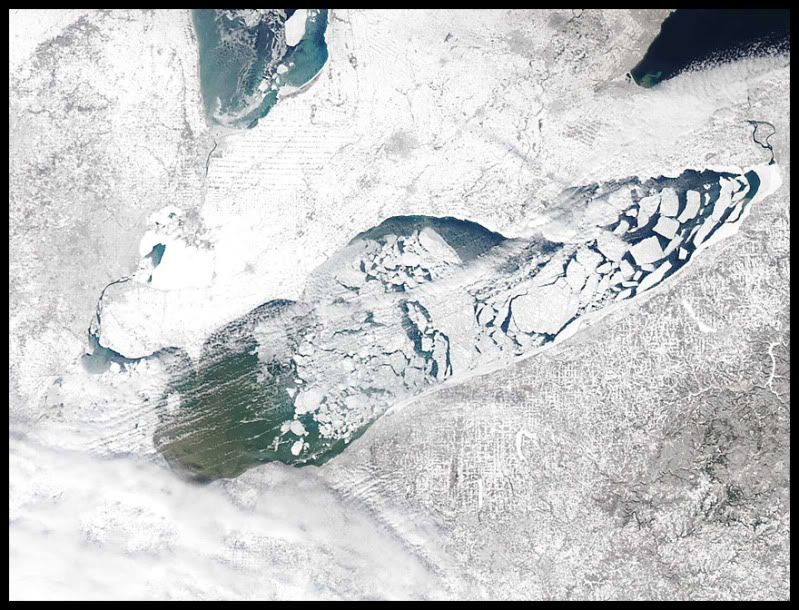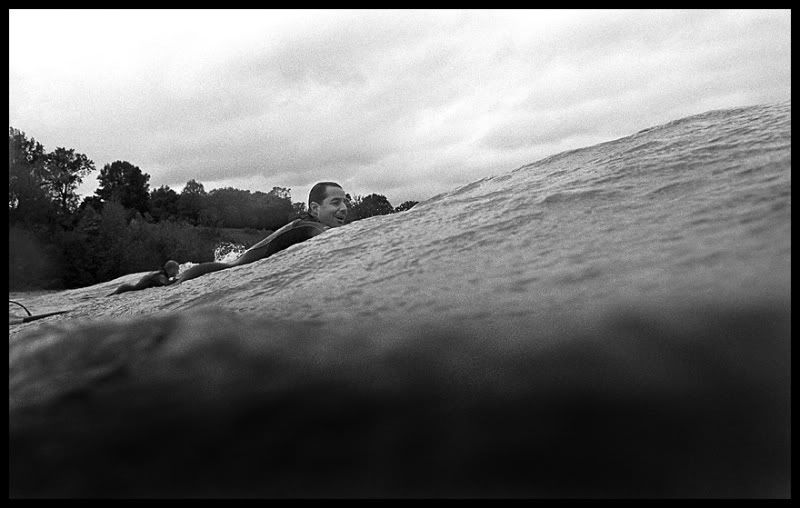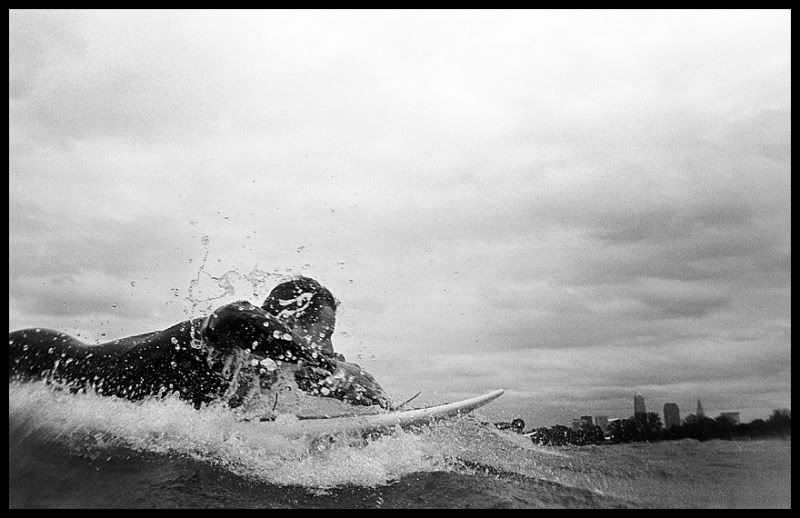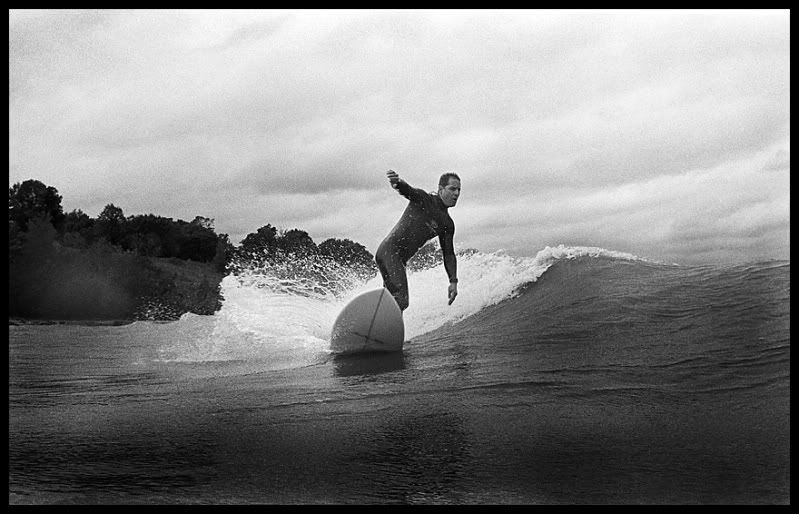
Posted: 02/05/2011
Last Updated: 4 hours and 18 minutes ago
TRAVERSE CITY, Mich - A Canadian agency on Friday approved sending a shipment of 16 scrapped power generators with radioactive contents across three of the Great Lakes, turning aside objections that the risk of an accidental spill was too great.
The Canadian Nuclear Safety Commission said it would grant a transport license to Bruce Power Inc., which plans to send the generators -- each the size of a school bus -- to Sweden for recycling. The company says the shipment will be safe and its plan is ecologically sound.
"We always believed this was the right thing to do to reduce our environmental footprint and we are pleased the soundness of our case has been verified," said Duncan Hawthorne, president and CEO of the company, which is based in Kincardine, Ontario.
Bruce Power said previously the shipment would take place this spring. On Friday, the company said it would discuss future steps after obtaining permission from all governments with jurisdiction over portions of its route, including the U.S., the United Kingdom, Denmark and Norway.
The Great Lakes and St. Lawrence Cities Initiative, a coalition representing more than 70 mayors in the region, said it was disappointed and would consider its options for continuing to fight the shipment.
"We feel this sets a very bad and dangerous precedent for the future, especially with the amount of nuclear power around the Great Lakes," said David Ullrich, the group's director.
The shipment would depart from a port on Lake Huron's Owen Sound and traverse Lakes Erie and Ontario, plus the St. Lawrence River, before reaching the Atlantic Ocean.
Each of the 100-ton generators has about 4,200 metal tubes that contained hot water, which created steam that powered electricity-producing turbines. Thirty-two of the boilers were taken out of service in the 1990s.
Bruce Power last year awarded a $37 million contract to Studsvik, a Swedish company, to melt down the generators and sell the metal as scrap. About 90 percent of the material can be recycled; the rest will be too radioactive and will be returned for permanent storage.
The company plans two shipments of 16 generators each.
Bruce Power says each generator has less than an ounce of radioactive material and would be welded shut to prevent leaks.
The nuclear safety commission said the company's plan complies with international regulations and poses "negligible" risk to human health and the environment.
Ullrich said the panel's risk assessment was based on assumptions most favorable to the shipment and did not appear to consider dangers in the St. Lawrence River, where water levels are lower than in the Great Lakes. Two vessels spilled oil in the river last summer after running aground, he said.






